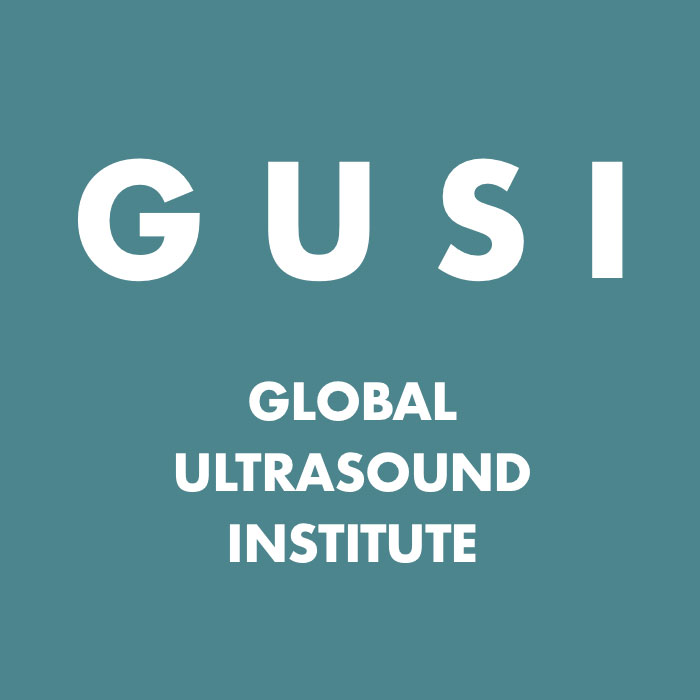- Joined
- Dec 6, 2019
- Messages
- 282
- Reaction score
- 216
first, I know how crazy this sounds.
I love US. I’m highly interested in FM. Our school gives periodic US training as part of the curriculum and I hope to become as proficient as possible to get a leg up in residency. I understand most FM residencies are starting to include POCUS in the curriculem which is great and I plan to apply to only programs that have this available. I think it’s an incredible tool to have to rule out/identity life-threatening conditions and potentially avoid longer work-ups, etc until a formal imaging study can be made. Not at all replacing the role of rads or a good US tech. Just making outpatient evaluation more thorough and safer. I honestly wouldn‘t care too much about the ROI on the US equipment I have in the future either.
anyway, as a currently poor medical student not having access to US and hoping to get some extra practice in before going to clerkship, does anyone know of an economical US machine or where I could get my hands on one? No budget necessarily. Just looking around. Wether it be a transducer compatible with an iPad or iPhone, or a small machine, anything?
I love US. I’m highly interested in FM. Our school gives periodic US training as part of the curriculum and I hope to become as proficient as possible to get a leg up in residency. I understand most FM residencies are starting to include POCUS in the curriculem which is great and I plan to apply to only programs that have this available. I think it’s an incredible tool to have to rule out/identity life-threatening conditions and potentially avoid longer work-ups, etc until a formal imaging study can be made. Not at all replacing the role of rads or a good US tech. Just making outpatient evaluation more thorough and safer. I honestly wouldn‘t care too much about the ROI on the US equipment I have in the future either.
anyway, as a currently poor medical student not having access to US and hoping to get some extra practice in before going to clerkship, does anyone know of an economical US machine or where I could get my hands on one? No budget necessarily. Just looking around. Wether it be a transducer compatible with an iPad or iPhone, or a small machine, anything?


